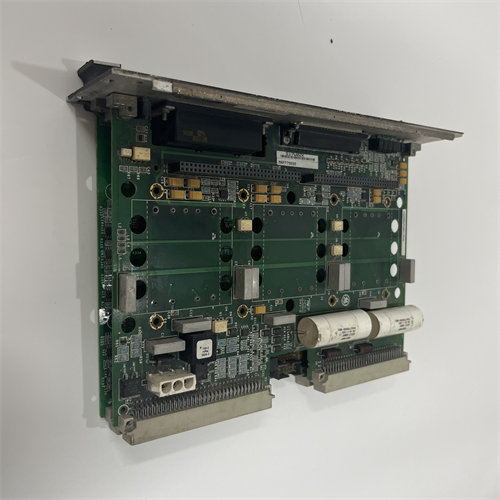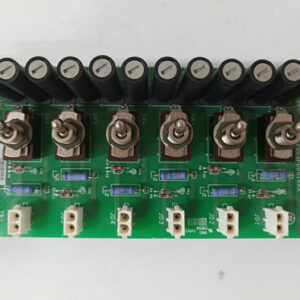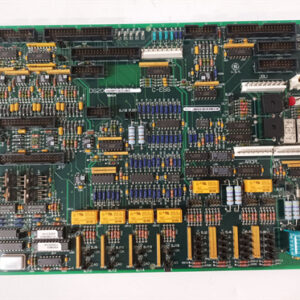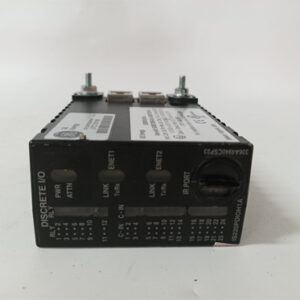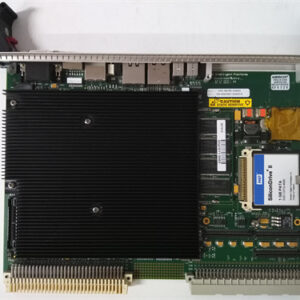الوصف
The GE part number IS200EHFCH1A is a Fan Control Card for the EX2100 Excitation Control System. Its primary function is to manage the cooling fans within the EX2100 cabinet, ensuring that the system’s power electronics are kept at a safe operating temperature. 🌬️
Function and Key Features
Power electronics, such as SCRs and heat sinks, generate significant heat. A reliable cooling system is essential for their proper operation and longevity. The EHFC board provides the necessary control for this system.
- Fan Management: The board is responsible for controlling the speed and operation of the cooling fans. It likely receives temperature signals from the cabinet and adjusts fan speed to maintain a set temperature range. It can also initiate alarms or a system trip if temperatures rise to a dangerous level.
- Redundancy and Diagnostics: The EHFC board often works in a redundant configuration. If one cooling fan fails, the board can alert the main controller and increase the speed of other fans to compensate. It also provides diagnostic information on fan status, such as motor speed and health.
- System Integration: The EHFC board works in conjunction with the main control card (like a DSPX) and other I/O boards. It receives commands from the main controller and sends back status information.
- Robust Design: Like all GE industrial control components, it is built to withstand the harsh conditions of a power plant.
Applications
The IS200EHFCH1A is a legacy component primarily found in power generation facilities. It is an essential component for:
- Thermal Management: It prevents damage to the sensitive and high-power electronic components of the excitation system by ensuring they operate within their specified temperature range.
- Reliability: A reliable cooling system is critical for the overall reliability of the excitation system, and by extension, the generator itself.
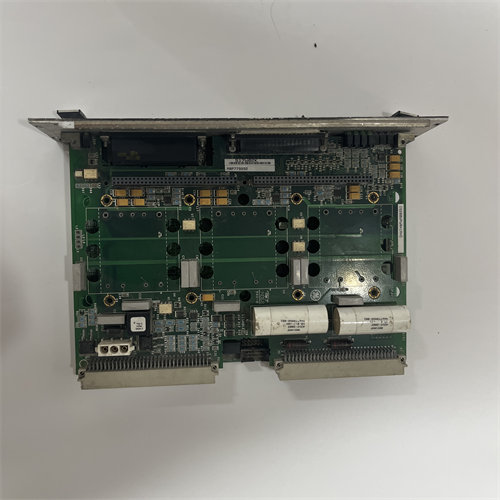

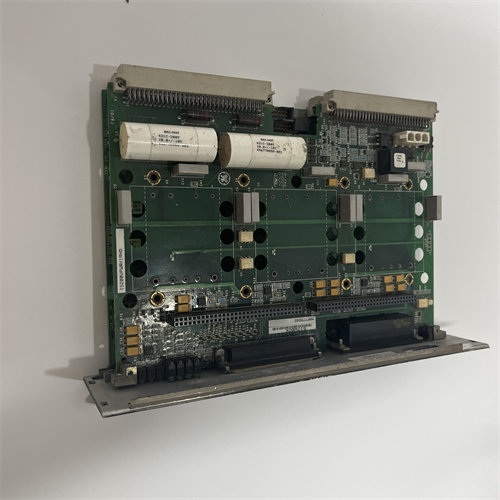
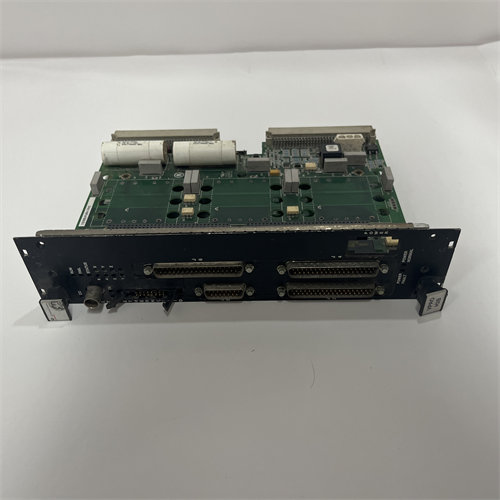

 +86 15340683922
+86 15340683922 +86 15340683922
+86 15340683922